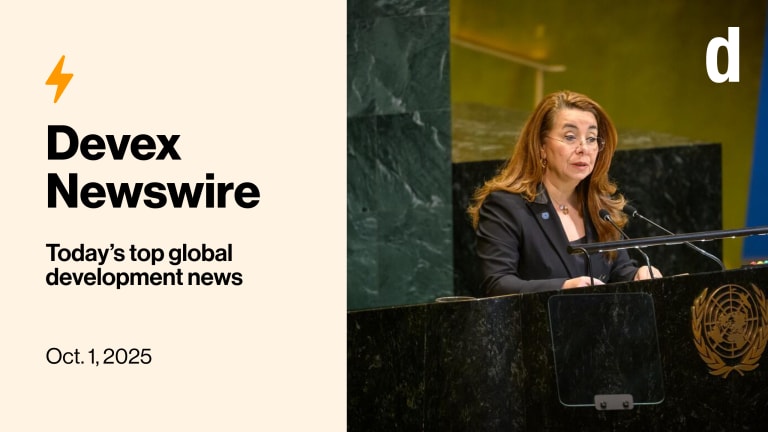As the global health architecture struggles to hold steady amid plummeting foreign aid, a group of African leaders, policymakers, and global health experts met in Ghana’s capital city of Accra in August to craft a new path toward health sovereignty — rooted in national ownership and more equitable global cooperation.
And they reconvened last week during the United Nations General Assembly, alongside leaders of multilateral institutions, philanthropic organizations, business innovators, and civil society to expand this framework beyond health to development more broadly in areas such as climate resilience, food security, and economic growth — and to move beyond the African continent to serve as a global agenda.
They’ve dubbed it the “Accra Reset,” an effort to declare an end to the era of development-as-usual and to push for the creation of new governance, business, and financing models.








